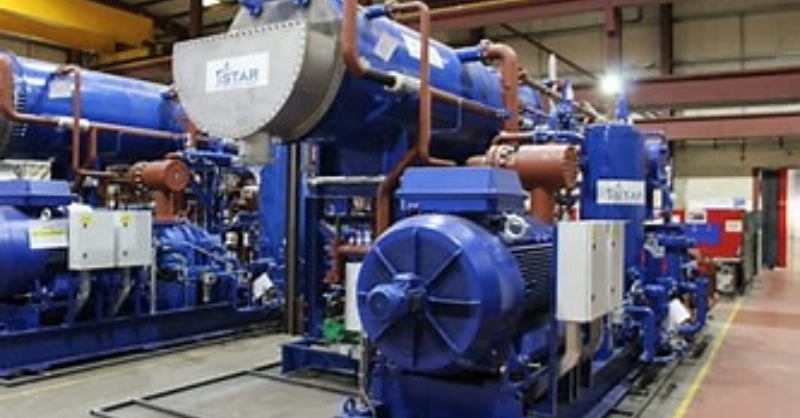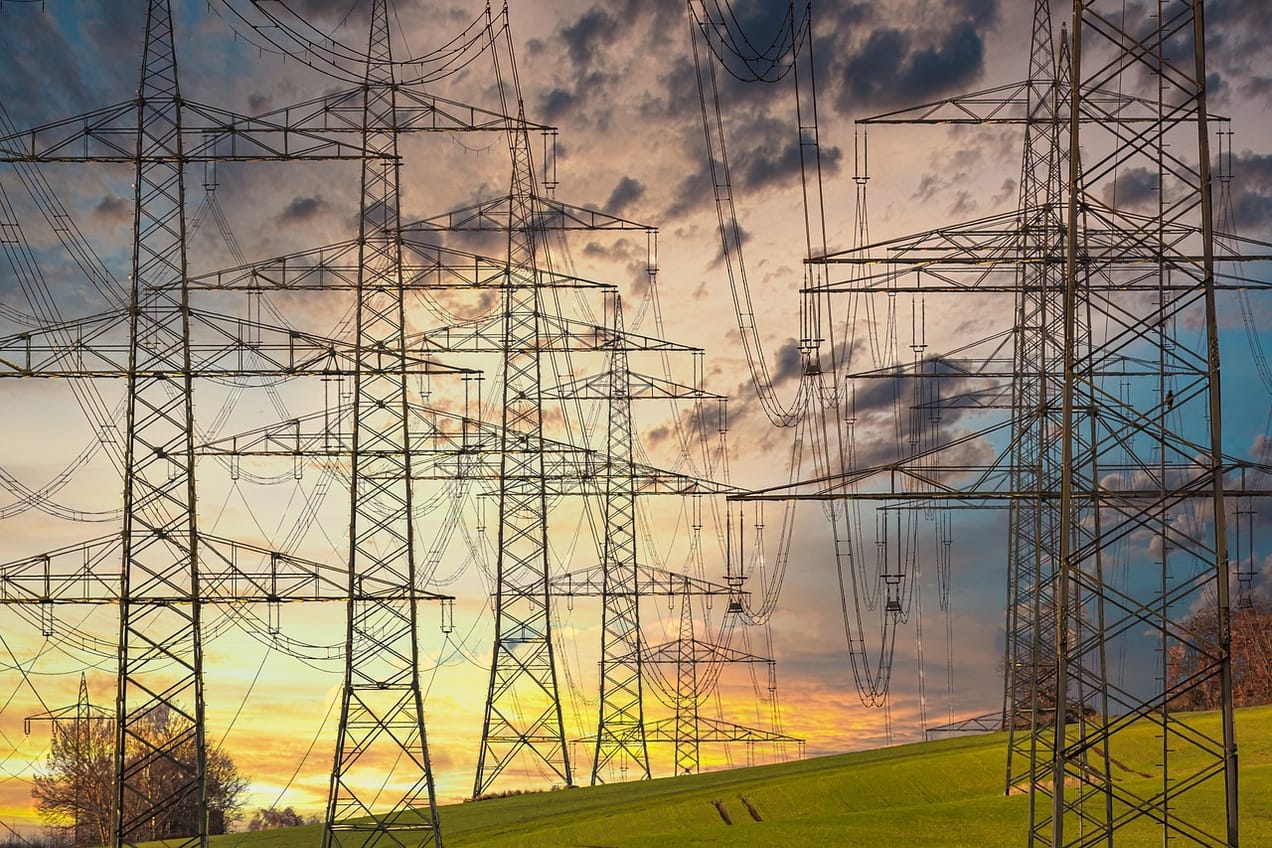
Industrial heat pumps can work
Industrial heat pumps not only offer the opportunity to decarbonise many industries, but they also could become a multi billion $ investment opportunity.
But - we need to address the relatively high price of electricity.
Summary: Industrial heat pumps not only offer the opportunity to decarbonise many industries, but they also could become a multi billion $ investment opportunity. At present, heat pumps are really only commercially available for heats up to 200 degrees C. But even at this level they can still decarbonise up to nearly 40% of global industrial heat energy use.
Why this is important: Heavy industry is responsible for approximately 20 per cent of global CO₂ emissions. If we ignore for a moment the feedstock for chemical plants, approximately three quarters of the energy requirement is for heat or reductants (chemical reducing agent). But, there are two main barriers to adaption. One is the cost of electricity, the other is the chicken and egg situation. There are few suppliers, so most plant process operators have limited knowledge of what IHP's can deliver. And because most process companies don't ask for heat pumps, there are only a few suppliers .... and round we go again.

The details
Summary of a study published in Energy Efficiency
- In the US , industrial thermal processes accounted for more than two-thirds of the total final energy demand in 2021. Electrification technologies like industrial heat pumps are suitable for the process heat supply to several industrial unit operations in a sustainable way while also improving overall energy efficiency. The study shows that c. 36% of the sectors projected energy demand can be met through heat pumps, reducing CO2 emissions by c. 71%. This would equate to an end market of 15GW, or c. 6,000 heat pumps, with an investment requirement of close to $7bn. But, given the way that electricity is currently priced against gas, and the low heat source temperatures, this is likely to result in higher energy costs. This is a solvable problem.
Why this is important
- Heavy industry is responsible for approximately 20% of global CO₂ emissions. If we ignore for a moment the feedstock for chemical plants, approximately three quarters of the energy requirement is for heat or reductants (chemical reducing agent). This requirement is currently supplied almost entirely from fossil fuels owing to their low cost and wide availability. This is a big part of what makes what we think of as traditional heavy industry (chemicals, steel etc) so emissions intensive.
- Process industries, such as beer production, food processing, textiles, and ingredients, are also major users of fossil fuel energy. Industrial Heat Pumps (IHP's) are able to help solve part of this challenge. They can upgrade the temperature of a heat source, allowing previously waste heat to be reused. This can result in large savings in energy consumption and cut greenhouse gas emissions.
- A recent World Business Council for Sustainable Development report identified that c. 45% of global industrial heat use is either classified as ultra low (below 100 degrees C) or low (between 100 and 200 degrees C). Why is this important? It's because commercially available heat pumps are currently limited to supply heat at up to 200°C. When you take account of the practical limitations, it is estimated that heat pumps could supply 37% of the current industrial heat demand.
- Despite the large potential for energy and CO2 emissions reduction in manufacturing, there are several barriers associated with the wide-scale applications of Industrial Heat Pumps . Some of this is due to cost, with the average electricity price for U.S. industry (i.e. 70 $/MWh) being almost 5 times higher than the average price of natural gas (i.e. 14 $/MWh) (2021 data). There is a similar challenge in Europe, compounded by the fact that generating electricity with expensive gas is now the price setter in most markets.
- Outside of the cost issue (solvable with government assistance and dedicated lower cost renewable generation), it has been argued that the main adaption barrier relates to a shortage of heat pump suppliers, especially for higher temperatures. There are several IHP manufacturers on the market that can provide heat sink temperatures of up to 90°C, however there are only a limited number of steam generating IHP suppliers (requiring temperatures over 120 degrees). These include Mitsubishi, Siemens, and MAN Energy.
- A recent Berkley Labs report argues that this creates a chicken and egg situation. There are few suppliers, so most plant process operators have limited knowledge of what IHP's can deliver. Plus, its seen as a new, and hence "risky" technology. So IHP's don't get specified as a solution, which means there is limited incentive for suppliers to develop new products that could be used more widely ... and around we go again.
- This is a market where Europe and Japan could gain competitive advantage, and it does appear that change is happening faster than you might think. This Cleaning Up podcast (by Michael Liebreich) is worth a listen if you want to understand some of the recent advances. There is also a lot happening on the political side. The EU-funded PUSH2HEAT project aims to identify solutions to the technical, economic and regulatory barriers, looking at applications up to 200 degrees, which would cover up c. 37% of the process heat required by European industry. There will be four demonstration projects, covering the food, paper and chemical sectors. This is clearly not going to happen quickly, but we argue that strategically it makes sense for companies to start development now, tapping into government funding.
Something a little more bespoke?
Get in touch if there is a particular topic you would like us to write on. Just for you.
Contact us
Please read: important legal stuff.

